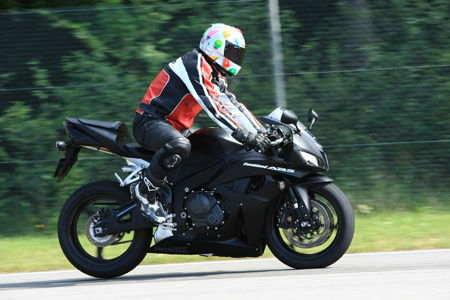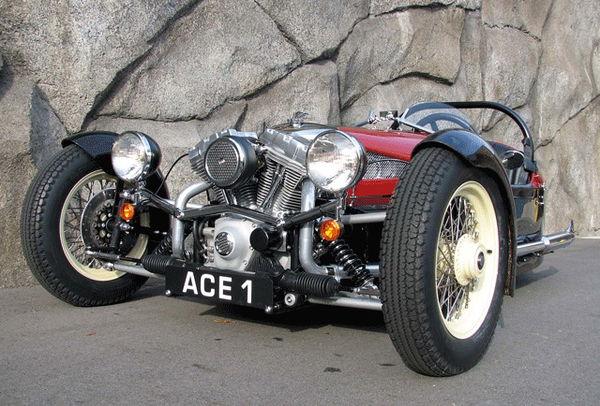EU proposes anti-tampering measures and ABS for all bikes by 2013
EU policy makers clearly think we're not to be trusted


NEWLY PROPOSED European technical regulations could see ABS become mandatory on all bikes above 125cc as well as measures to prevent you from tuning your bike.
The long-awaited proposed regulations include details of future emissions regulations and changes to the detailed technical specifications of all bikes, but the most significant elements are that – should they be passed into law – they will make ABS a legal requirement on all new models.
Even bikes under 125cc will have to be fitted either with ABS or with combined brakes, while everything over that size will be forced to have anti-lock as standard.
The regulations come as little surprise to manufacturers; firms are increasingly making ABS at least optional on all their larger bikes, with the systems starting to filter through to superbikes – as on the Fireblade, S1000RR and the new Kawasaki ZX-10R – and smaller machines. Although there's little doubt as to the safety advantages of ABS, the additional cost of the technology is sure to be passed on to customers when it becomes a legal requirement.
Less clear is the proposal for anti-tampering measures. Something that caused much concern during the consultation procedure that's been underway for months prior to the drafting of the new proposals, the final wording suggests anti-tampering will apply to all bikes. They say “L-category vehicles [that means bikes] shall be equipped with designated measures to prevent tampering of a vehicle's powertrain... with the aim... to prevent modifications that may prejudice safety, in particular by increasing vehicle performance through tampering with with the powertrain in order to increase maximum torque and/or power and/or maximum designed vehicle speed as declared by the manufacturer of a vehicle upon type approval.”
Linked into that are changes to type approval, whereby all bikes must have their power, torque and top speed declared on their type approval forms, which should at least put an end to the occasionally inflated power figures quoted some manufacturers.
While that appears to make any performance-boosting modifications illegal, a second paragraphs suggests that it will still be possible, saying “After modification of the powertrain, a vehicle shall comply with the technical requirements of the initial vehicle category and subcategory, or, if applicable, the new vehicle category and subcategory, which were in force when the original vehicle was sold, registered or entered into service.”
Hmmm, that seems clear then...
Other changes include new emissions regulations including forthcoming Euro 4 and Euro 5 limits – due in 2013 and 2017 – plus plans to make universal on-board diagnostics (OBD) a legal requirement. That means that, as on modern cars, it should be possible to diagnose faults on increasingly complex bikes by plugging in a simple fault-code reader.











